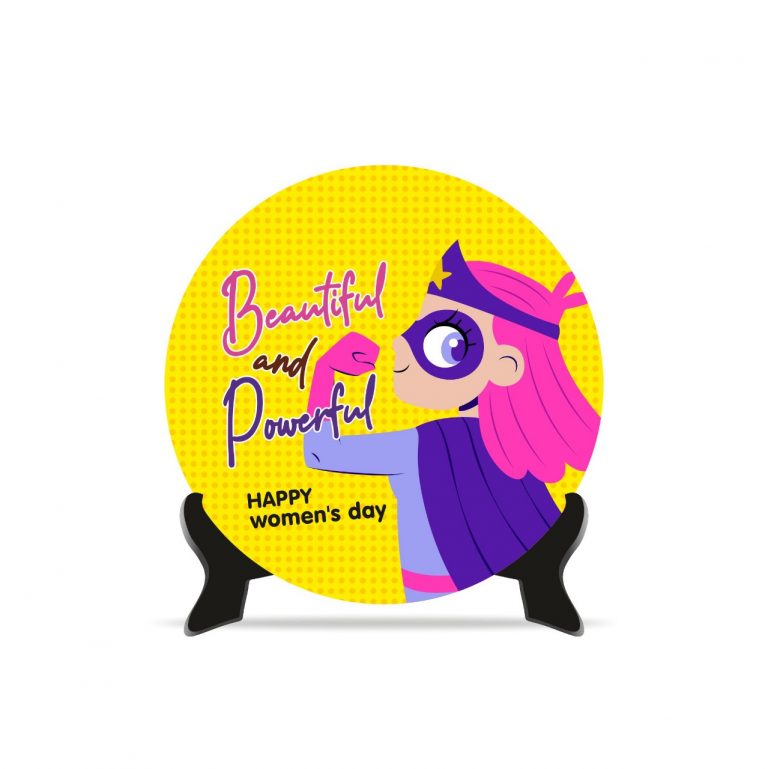Why Psychological Safety Matters More Than Ever
The modern workplace has changed dramatically in the past few years. From hybrid work to diversity and inclusion, the focus has shifted from just productivity to emotional wellbeing. One of the most critical yet often overlooked pillars of a thriving organization is a Psychologically Safe Workplace-a space where employees feel free to express ideas, admit mistakes, and offer feedback without fear of judgment or retaliation.
When people feel safe, they perform better, collaborate more effectively, and stay longer. This blog offers 10 practical HR tips to help organizations foster a truly Psychologically Safe Workplace, ensuring your teams feel supported, respected, and engaged.
1. Start With Leadership Training
Psychological safety begins at the top. Leaders must model vulnerability, empathy, and openness. One of the most valuable HR tips is to invest in leadership development programs that train managers on emotional intelligence, active listening, and non-defensive behavior.
A Psychologically Safe Workplace can only exist if leaders are approachable and trustworthy. When managers admit their own mistakes and encourage dialogue, it sets the tone for everyone else.
2. Encourage Open Communication
An open-door policy isn’t enough-you need a culture of open communication where feedback is welcomed regularly. One of the core HR tips here is to build structured channels for upward feedback, such as anonymous surveys or town halls.
A Psychologically Safe Workplace thrives on communication. When employees see their feedback acted upon, it builds trust and encourages them to speak up more confidently.
3. Normalize Asking for Help
In high-performance cultures, people often fear that asking for help will make them seem weak. But in a Psychologically Safe Workplace, it should be encouraged.
Smart HR tips include integrating this into onboarding materials and team rituals. Remind employees that reaching out isn’t a sign of weakness-it’s a sign of engagement and self-awareness.
When team members support one another and leaders reinforce this message, it becomes part of the organizational DNA.
4. Design Inclusive Feedback Mechanisms
Feedback should never be a one-way street. Another key HR tip is to include peer feedback, manager reviews, and self-reflections in your performance management systems.
In a Psychologically Safe Workplace, feedback isn’t about criticism-it’s about growth. Use neutral language, focus on behaviors (not personalities), and always pair suggestions with support.
Inclusive feedback systems reduce anxiety and foster mutual respect among team members.
5. Establish Clear Behavioral Norms
What’s acceptable behavior in meetings? How should disagreements be handled? In a Psychologically Safe Workplace, everyone should know the ground rules.
Important HR tips include developing and communicating clear behavioral guidelines. These can be integrated into your employee handbook, onboarding, and even daily stand-ups.
When expectations are clear, there’s less fear of saying the wrong thing, which encourages healthy participation and respectful disagreement.
6. Celebrate Effort, Not Just Outcomes
Psychological safety grows when people feel recognized for trying, not just succeeding. One of the most effective HR tips is to shift recognition programs to highlight effort, learning, and resilience.
In a Psychologically Safe Workplace, failure isn’t punished-it’s treated as part of growth. Celebrating effort shows that your organization values learning and innovation, even when results fall short.
This change can dramatically reduce fear of failure and inspire more risk-taking and creative thinking.
Related Posts
7. Train on Bias and Microaggressions
Psychological safety can’t exist where there are unchecked biases or frequent microaggressions. Include anti-bias training in your list of essential HR tips to ensure every employee understands the impact of their words and actions.
A Psychologically Safe Workplace is inclusive by nature. Employees from all backgrounds should feel they can show up as themselves without facing subtle exclusion or judgment.
Regular workshops, safe space discussions, and anonymous reporting channels reinforce these values.
8. Build a Culture of Listening
Listening is more than hearing words-it’s about understanding what’s not being said. Train managers to listen deeply, and encourage regular check-ins.
One of the best HR tips for 2025 is to include structured listening sessions as part of engagement strategies. These aren’t performance reviews-they’re conversations to uncover what employees need to feel safe and supported.
In a Psychologically Safe Workplace, listening is constant-not reactive.
9. Lead With Empathy in Policies and Practice
Whether it’s leave policies, hybrid work rules, or mental health support, leading with empathy is essential. Develop policies that reflect understanding and compassion-one of the most underrated yet impactful HR tips.
A Psychologically Safe Workplace isn’t built through programs alone-it’s lived daily through policies that acknowledge the human side of work.
When employees see that policies reflect real-life challenges, their sense of belonging increases.
10. Make Psychological Safety Measurable
Finally, one of the most practical HR tips is to measure what you want to improve. Include psychological safety as a category in employee engagement surveys. Ask about trust, openness, and belonging.
In a Psychologically Safe Workplace, metrics can help you track progress and take targeted action. It’s not about scoring high-it’s about identifying blind spots and working to improve.
By making safety measurable, you send a strong message that it’s a strategic priority, not just a buzzword.
Psychological Safety Is Everyone’s Job
Creating a Psychologically Safe Workplace isn’t about checking a box-it’s about building a culture. And that culture starts with intention. These 10 HR tips offer a roadmap for organizations ready to shift from performance pressure to people-first leadership.
When employees feel safe, respected, and heard, everything improves-from innovation to collaboration to retention. At Amazing Workplaces®, we believe psychological safety is a non-negotiable ingredient in every thriving company.
Start small. Start with your people. And build a workplace where safety, trust, and performance go hand in hand.
Disclaimer: The views, data and case studies we publish on our website are purely based on publicly accessible information and organizational disclosures. Amazing Workplaces® does not take a position on any legal or regulatory matters concerning any information available on our website.










